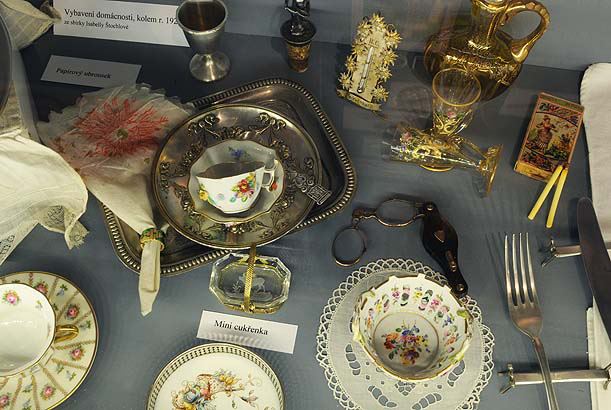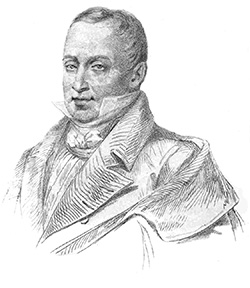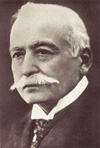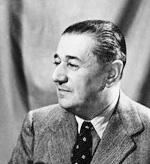About Gastronomy
Gastronomy is a discipline examining the relationship between culture and food in a specific historical period. The term is a concatenation of two Ancient Greek words: gastros – the stomach – and nomos – knowledge, law or a rule. In a narrower sense it is the question of culinary art, the relationship between preparing, serving and consuming food.
Work of chefs, cooks, conditioners and pastry cooks is an art trade, and sometimes just pure art. The same goes for the skills of waiters setting up a table for feast and serving. Similar to other trades, gastronomy has its history.

Famous statements concerning gastronomy, chefs and food
 Jean Anthelme Brillat-Savarin (1755-1826)
Jean Anthelme Brillat-Savarin (1755-1826)
A lawyer and writer – author of the famous book on gastronomy, La Physiologie du goût - The Physiology of Taste
Gastronomy is knowledge and understanding of everything linked to food. It aims at securing the survival of the mankind thanks to the tastiest and appropriate alimentation.
Tell me what you eat, and I will tell you who you are.
The discovery of a new dish confers more happiness on humanity, than the discovery of a new star.
 George August Escoffier (1846-1935)
George August Escoffier (1846-1935)
French chef prized by celebrities, awarded the Order of the Legion of Honour, author of many books on gastronomy.
A recipe no matter how well composed or researched is no substitute for imagination, creativity and flair.
 Xavier Marcel Boulestin(1878-1943)
Xavier Marcel Boulestin(1878-1943)
English chef who wrote several cookbooks. He became the first TV star chef when he appeared in the original experimental BBC broadcasts in 1937.
Cookery is not chemistry. It is an art. It requires instinct and taste, not exact measurements.
Gastronomy and music
Gastronomy as the art of preparing food, of dining manners and of consuming food can be easily compared to music.
The comparison imposes itself. Listening to music is – in the same way as eating food – a deeply individual, personal experience of the moment; it is an ephemeral but deep experience. Similar to the music, gastronomy has its composers and interpreters. A chef is a top-class interpreter, sometimes even the composer himself. A recipe is a score ready to be performed. One could compare gastronomy to a classical music concert with the chef as conductor and orchestra composed of cooks and waiters.
We could also compare “high” gastronomy to opera. Gastronomy experience in a top restaurant is defined by the work of interior designers and decorators as much as those responsible for preparing food. These could be compared to set designers and directors in opera – the function corresponding in a restaurant to the owner or a maître d’hôtel.
All these comparisons are helped by the similarity of classical orchestra dresses and the conductor outfit. The tailcoat and the tuxedo; even the guests’ evening dress would have its rules. A partial retreat from the classical dressing is currently taking the same course in music as in restaurants.
The comparison of gastronomy and music can be applied to other genres as well: one can compare a good restaurant with local delicacies to a quality folk music group: we are meeting a tradition and new variants of a popular theme here.
Even a good brass music ensemble would correspond to a traditional pub with well-chilled beer and tasty ready-made meals.
We could carry on in the same vein forever – you will surely find your own similes!




